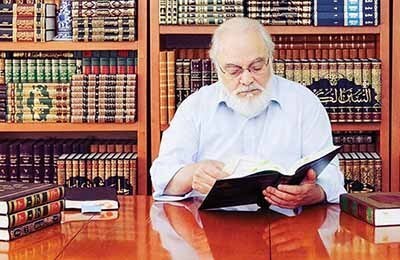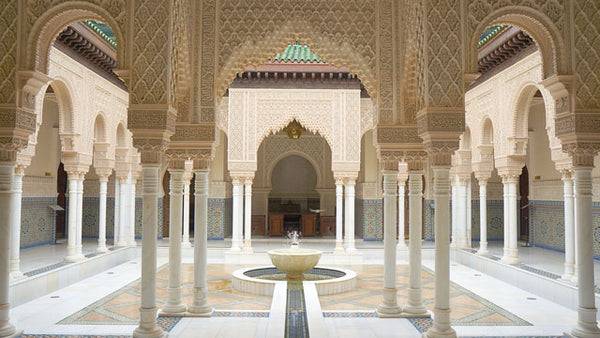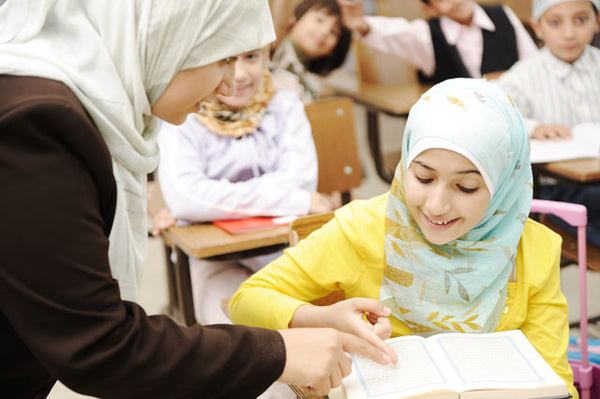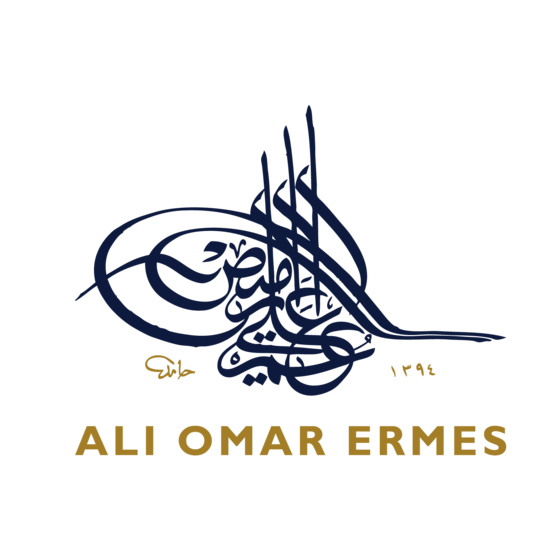Fiqah for Muslims in Europe

Ali Omar Ermes, Thursday 1 June 2000
Muslims in Europe are faced with many challenges. One of them is to come up with an appropriate Fiqah writes Ali Omar Ermes.
This paper is based on the argument that Islam is an ever-lasting medium of human development, taking natural progress (God’s laws governing people and other beings) as the platform where nobody (but God) can escape the natural roles. Therefore, Muslims are affected as everybody else. And, Islam is the system where people find practical means for their development and natural growth.
One Of these practical means is the science of (Jurisprudence) Fiqah (the understanding and interpretation of the Sharia laws) according to two elements, the first one is of two parts, Quran and Sunnah by following the practice of the Prophet (PBUH) and his Companions in his interpretation of the Qur'anic knowledge given to him by God, in it’s universal overall picture as much as in its individual detailed design. As for the other point, there is the human development in its natural base of movement, towards change and adoption (where Orraf and Masaleh Morsalah can be found).
Muslims accordingly had to have their development of Jurisprudence, in the past, as they have to have it in the present and in the future, all the same, to bring about the best results in a constantly fast-changing condition and circumstances in vast and various regions, races, languages, and cultures.
If we take Muslims of today’s Europe, in order to achieve their rights and to overcome disadvantages in the systems of their new and not so new countries, and to keep their identity intact and fulfil their religious-human needs and to be at one with themselves. They need to develop a new branch of jurisprudence specifically to cater for them and for similar situations in the future.
To touch on this perspective, there is a need to show reasons that constitute Ijtihad, in this science of Fiqah, where circumstances change and conditions vary, such as political and socio-economical instability that sometimes results in emigration, plus colonisation, oppression, etc. On the other hand, Muslim emigration is not a new phase but it is as old as Islam itself. At first, Muslims emigrated three times during the life of the Prophet (PBUH), when the Prophet (PBUH), in order to save his followers from the persecution by the Makkans, asked them to emigrate to Abyssinia in two occasions (the story is well known to all) and the second time was when the Prophet (PBUH) emigrated with most of his followers to Madinah to establish the new society according to the Islamic way of life. In both occasions, Muslims did not have to interpret Sharia because the Prophet (PBUH) was among them, and the revelation was coming on, but after that Muslims had to study the Sharia by themselves guided by the Prophet’s (PBUH) example and his early followers and in time they brought all elements of scientific research work which they had to find, enrich and establish as a fundamental base of human knowledge for the rest of humanity, which changed the mental and total direction of knowledge. And from then on, Muslims never seized to do their utmost effort to interpret Sharia laws since, in spite that in certain periods of Muslims history, Ijithad was not encouraged, etc.
Matters that could be brought to the discussion, and questions such as:
The conditions that make it necessary for Muslims to come up with additional Jurisprudence like emigration to new lands or changing times and circumstances. For example, if we take the European Muslim (who consider Europe as their home or who have lived there for some time), we can all see that they no doubt have a need to develop a new Fiqah, the question is are they willing and able to put the effort and due care to achieve it?
What we can learn from examples of the Fiqah schools (schools of thought in Sharia) like Al Shafi and Ebni Hazam and others in changing, adapting and relating.
All this made Islam (as its nature is) a universal platform for the development of human thought in Jurisprudence, Literature, Science and other human knowledge. Can we develop this even further to cover more details of our life today?
Did Muslims have to interpret the Sharia because of prosecution, occupation or colonisation etc?
Muslims have to interpret the Sharia because of changes of conditions in economics, politics or culture, etc? Would that add or take away from the importance of Sharia to Muslims?
What would happen if Muslims do not find a new jurisprudence to take care of all the new issues of globalisation and assimilation etc?
Conclusion:
Though this subject is more complicated than this paper can claim to solve, I hope this at least will be able to put forward the right questions in the right time and the right place. Nevertheless, the conclusion is that, Muslim communities in Europe have no alternative but to work hard on all directions in their social, economic and political culture spheres in their numerous European homelands and engage themselves in very serious work to come up with rightly guided and relating work to produce a new jurisprudence to cater for themselves, their offspring and others. To enjoy and build on for better times, for everyone.
Ps. Knowledge never ceases to move on forward (thank Allah), Muslims need to lead the field but if they do not take serious steps in that direction somebody else will do it for them where results are not guaranteed by any means.
………………………………………………………………………………………………
This article was published in the Q News No.320
Leave a comment
Also in VALUE ADDED THOUGHT

The Arab Media in Britain
Arab Media
Ladies and Gentlemen, before I begin, I would like to remind you that this is a multi-dimensional subject, filled with contradictory issues, concerning approx 300 million people, 22 nations and an anciently, enduring but remarkably modern language. Although in this short space of time, I will only give a general feel of the matter. During the late part of the 1970s, there were a few Arab media outlets such as Al Arab and Asharq al Awsat newspapers and Al-Majaleh magazine that started to appear but it is generally agreed upon that 1980s was the decade that witnessed the birth of the British Arab media.

A Glimpse of Islamic Heritage
The slide show consisted of around 150 photographs, taken over the last 30 years by Ali Omar Ermes himself, each one showing an example of the vast heritage and history of Islam.

The Importance of Faith-based Education for the Muslim Community
Ladies and gentlemen, this is a big subject with a huge debate entailed. However, for your overwhelming good fortune and my relief, I can gladly tell you that this is not a full engagement for the subject, which can take a long time and can be very academic.

